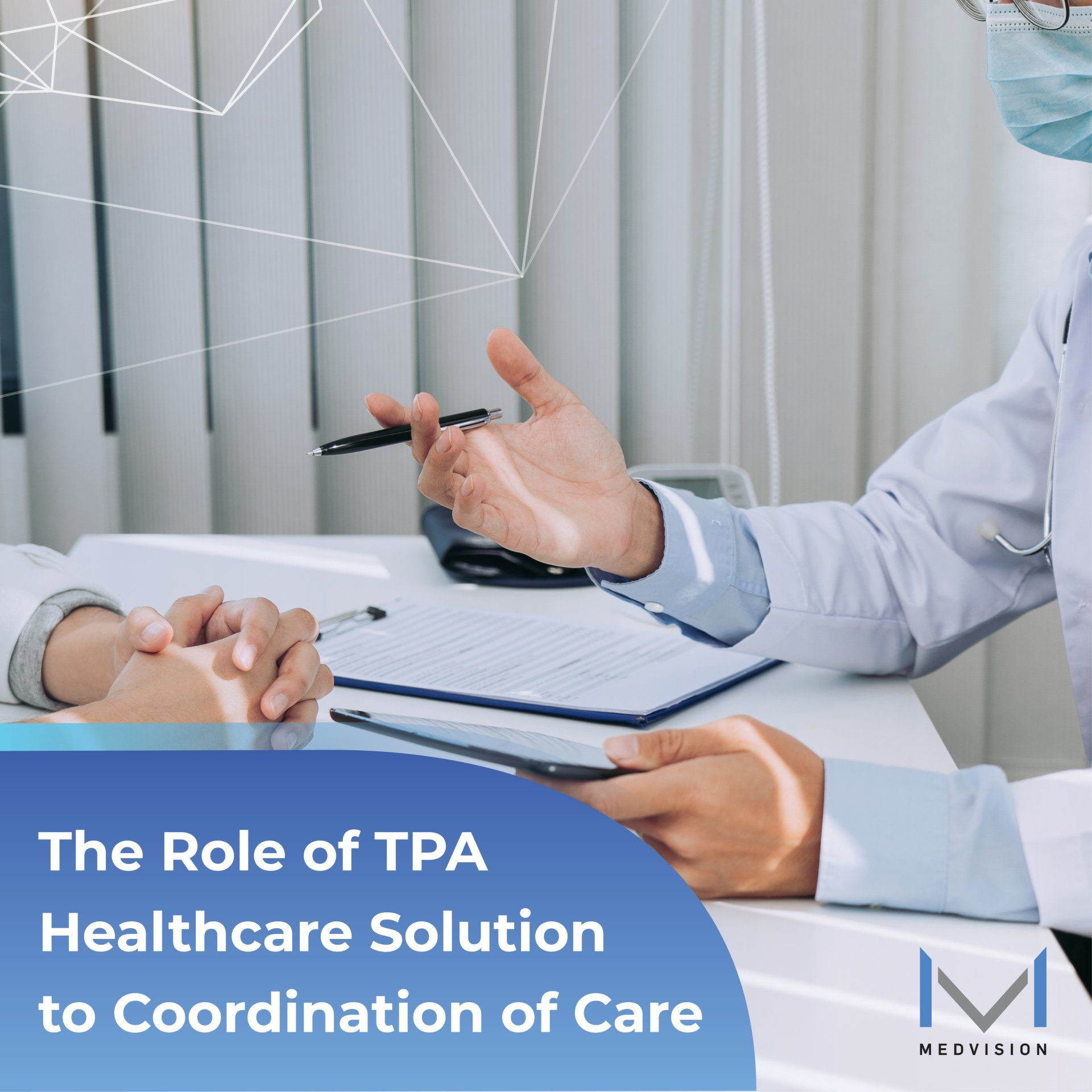The Importance of DCEs in the Coordination of Care
As companies continue to search for better healthcare partners, some employers are slowly taking the roles of healthcare cost savings into their control. As it turns out, one of the ways that they can assume authority is through a more hands-on relationship with direct contracting entities (DCEs) especially in the delivery and coordination of care.
Direct contracting reduces significant barriers such as high expenses, delays, and inaccuracies that compromise the work processes for managing healthcare. Direct healthcare arrangements are put into effect with providers to decrease the overall healthcare costs by increasing pricing transparency and lessening the need for mid-level entities.
When is Direct Contracting Ideal?
Direct contracting works best when the company is self-funded and the company workforce exists in a favorable location that can influence provider negotiations. Coupled with a competitive provider market, direct contracting is an attractive alternative that benefits many employers and healthcare providers such as DCEs.
DCEs effectively create aligned interests between companies and providers, increasing the importance of value-based healthcare pricing plans without compromising quality for cost. Hence, contracts must be financially sensible for all the involved parties, especially in the coordination of care once the health plans are used.
The Role of DCEs in the Coordination of Care
DCEs are integral to the healthcare loop of the patient. By utilizing its network of healthcare providers and specialists, DCEs assist in organizing patient care activities and disseminating correct information among all provider participants. Doing so provides increased engagement in the patient’s care for high-value and high-quality healthcare delivery.
Doing so allows an overview of patient needs and preferences ahead of time, and this information will be communicated to the right people at the appropriate stage. The patient information is then used to provide safe, relevant, and effective coordination of care and delivery to the patient.
Coordination of care approaches involve collaboration between care teams, care management, medication management, and health information technology, among others. These approaches include knowledge sharing and information communication for easier care transition, patient monitoring, and follow-up for effective case management.
How DCEs Can Support Seamless Coordination of Care
With the constant need to support the self-management goals of patients through community resource links, coordination of care can become disjointed when the provider organization is not fully equipped to handle this loop.
Coordination of care is a key strategy with a high potential to improve the safety, efficiency, and quality of healthcare service delivery. Care coordination systems that are well-designed to target easy healthcare transition and improved outcomes are critical to the success of DCEs.
DCEs are expected to provide quick contracting set-up negotiations, coordinate provider networks, and perform claims processing and adjudication among many other functions. As a new healthcare entity with complex work processes, DCEs will need effective coordination software to address its current and future markets.
DCEs and Technology: Innovating Healthcare
DCE-OS was developed by MedVision to anticipate the wave of new healthcare provider entrants who require an all-inclusive healthcare solution to new and complex systems.
Featuring effective case management modules, intuitive communication applications, and seamless claims administration, DCE-OS ingeniously weaves the complete claims lifecycle into one comprehensive healthcare solution. DCE-OS quickly automates extensively complex workflow processes such as contracting, authorization processing, clinical alerts, and other functions integral to the overall claims process.
See how DCE-OS can support care coordination and delivery by visiting our website now.
Explore Related Blogs
Recently published articles
Keep in touch
Subscribe to get the latest update
Trending topics
Share your insights on social media
Upcoming events and company news




















